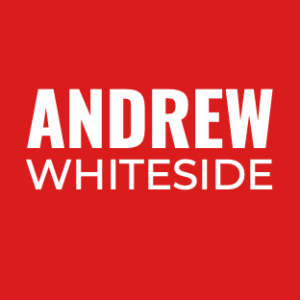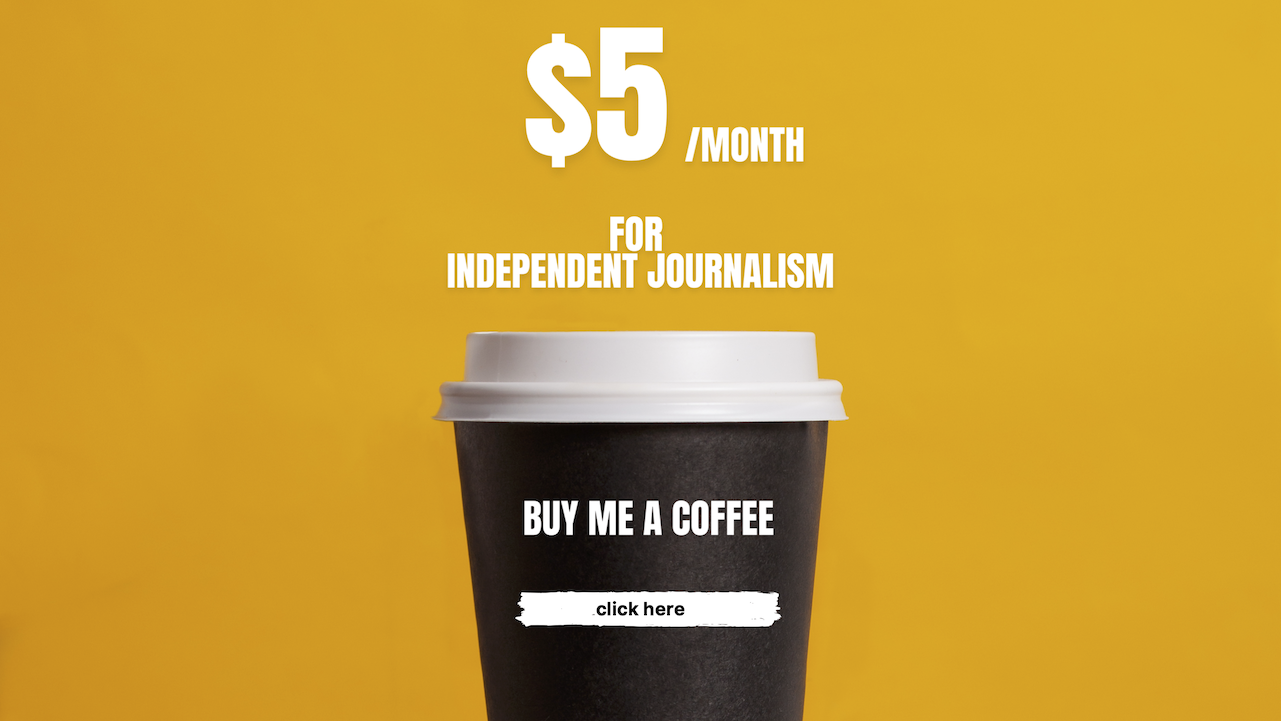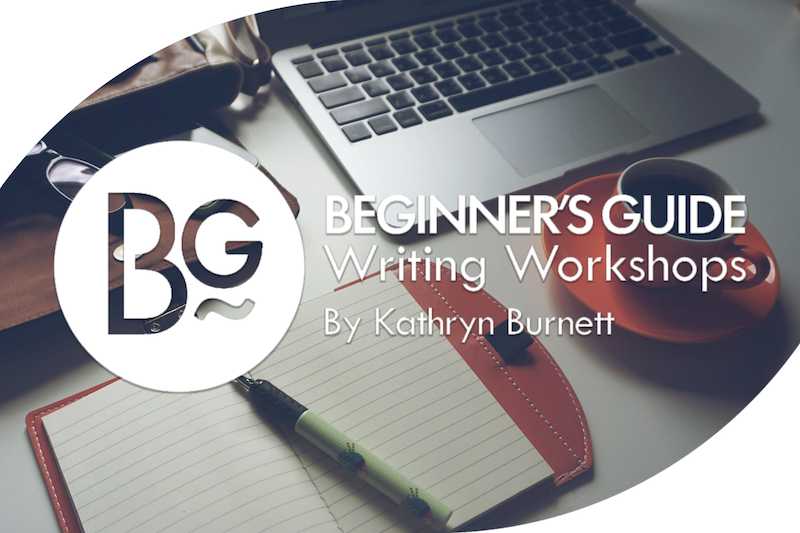Somewhere between 80 and 90 people turned up at the Freemans Bay Community Hall on the evening of the 19th December for another hui about the future of Auckland Pride.
Pride Chair Cissy Rock facilitated the event and stated the gathering was a safe space to talk about the future of Pride right out to 2021, and therefore there would be no discussion about past arguments. We were promised a robust discussion, a chance to generate exciting ideas and a shared meal of pizza.
Before I go into the brainstorming sessions, it is important to mention some key decisions that have already been made by the Board that were mentioned during the evening:
Board Member T’ai Paitai stated that the 2019 Gala, Parade and Party have all been cancelled. He did state there was the possibility of a much smaller ‘march’ at some point but the decision about when and where needed to come from the community.
The festival will go ahead, but with less than half the events of previous years as registrations are much lower this year. Registrations for festival events will stay open till early in the New Year.
The big news of the night was that Festival Director Julian Cook had resigned and a new temporary position of Festival Co-ordinator had been created and the Board had appointed Joel Walsham to fill the role on a temporary basis.
This piece of information was challenged by one participant who wanted to know why the role had not been advertised. T’ai Paitai explained there had not been time to advertise the position and that it was only a temporary one.
The discussions:
Returning to the discussions and ideas section of the meeting, there were a number of themes that emerged from participants.
Essentially many wanted a focus on ‘grass roots’ community events. Some wanted less corporate involvement and one or two wanted no corporate sponsorship or involvement at all.
Other suggestions included moving events away from Ponsonby and out into other areas of the city. There were suggestions of monthly events, cross generational events, a fringe festival, more political and activist oriented events, and transgender specific events. There was talk of creating spaces and activities where people could share stories and where marginalised voices could be heard.
Everyone seemed to agree that Pride should be an inclusive and diverse series of events that foster creativity, mentoring, and create a strong community spirit. Many also expressed a desire to heal the rift that has occurred over the past few weeks.
The meeting ended with most people feeling energised and excited and having a sense of empowerment. In closing, Cissy Rock stated there would be another hui in the new year to move things forward. She also said people should not get too caught up over budget when coming up with ideas. There would be some money available.
Observations:
This was an interesting hui to attend.
If we take out the calls for reduced ‘corporate’ sponsorship or indeed the repudiation of it all together, the goals and ideals expressed at this hui were exactly what Pride has always been about. Everyone I have ever talked to, or interviewed about Pride, has always stated the same desires – inclusion, creativity, empowerment, visibility.
So it was puzzling to sit in a meeting with a group of people who were calling for the very same thing that everyone else in the Rainbow Communities wants Pride to be – yet there has been this incredibly upsetting upheaval to get to this moment.
Another curious call was for events to be spread across the city. Again, this is puzzling as there have always been Pride events in various places in the city.
In observing the discussions, I have come to the conclusion that some in our communities feel that Pride has not provided events that they wish to participate in, and that somehow they have now taken control of that process.
The problem with that argument is other than the Parade, Gala and Party, Pride has never organised the events that appear throughout the Festival. It is dedicated and passionate people in our communities who have done that. Pride has offered assistance in some ways, but the events only happen because ‘grass roots’ people in our communities make them happen.
Two cases illustrate this:
Woof! The Auckland Pride Dog Show and the theatre event known as The Legacy Project. Both these events occur because people have taken the initiative and created them.
Steven Oates is the man who developed Woof! and at the hui he had this to say (paraphrased with his permission):
“While Pride publicises and supports events it is unfair to expect them to organise everything. It is up to people in the community to create events themselves. There are challenges in doing this, but if you are passionate about it you can make it happen and the Board can assist.”
Now I don’t wish to belittle people who feel marginalised or left out of Pride, but since Pride has been built by individuals in our community from all walks of life, and has always provided an umbrella to foster a diversity of events, my question is:
Why have you not taken up the opportunity to create an event yourself? The opportunity has always been there.
There could be many deep-seated reasons why people chose not to take up that opportunity or feel they cannot, but none the less, that opportunity has existed for years. At the hui, I heard very few ‘new’ ideas.
One of the big issues Pride now faces is how to resource the Festival next year and beyond. A Give a Little campaign has raised $30,000 and that is commendable, but it is enough to cover a multitude of events and any permits that may be required for a future march etc?
Some participants showed a desire to use Q Theatre as a ‘hub’ for events, yet that venue is a business and it would cost money to hire it. Without corporate sponsorship there may not be the resources to create the ideas generated.
The biggest elephant in the room was the healing that needs to be done to our community. While a few speakers briefly referred to it, there was no actual discussion of just how that will be achieved.
And that is perhaps the biggest hurdle of them all. A huge section of our community feels angry and betrayed by recent developments – so much so that virtually none of them were at this hui. Corporate sponsors are pissed off, and many of the people who built and supported Pride now want nothing to do with it.
So while the eighty or so people who attended the hui feel energised and are filled with a sense of purpose, it may all come to nothing if they don’t engage with the rest of the community and actively seek some form of reconciliation.
To do that takes very strong leadership, and as I have mentioned before, the responsibility for that leadership rests with the Board.




